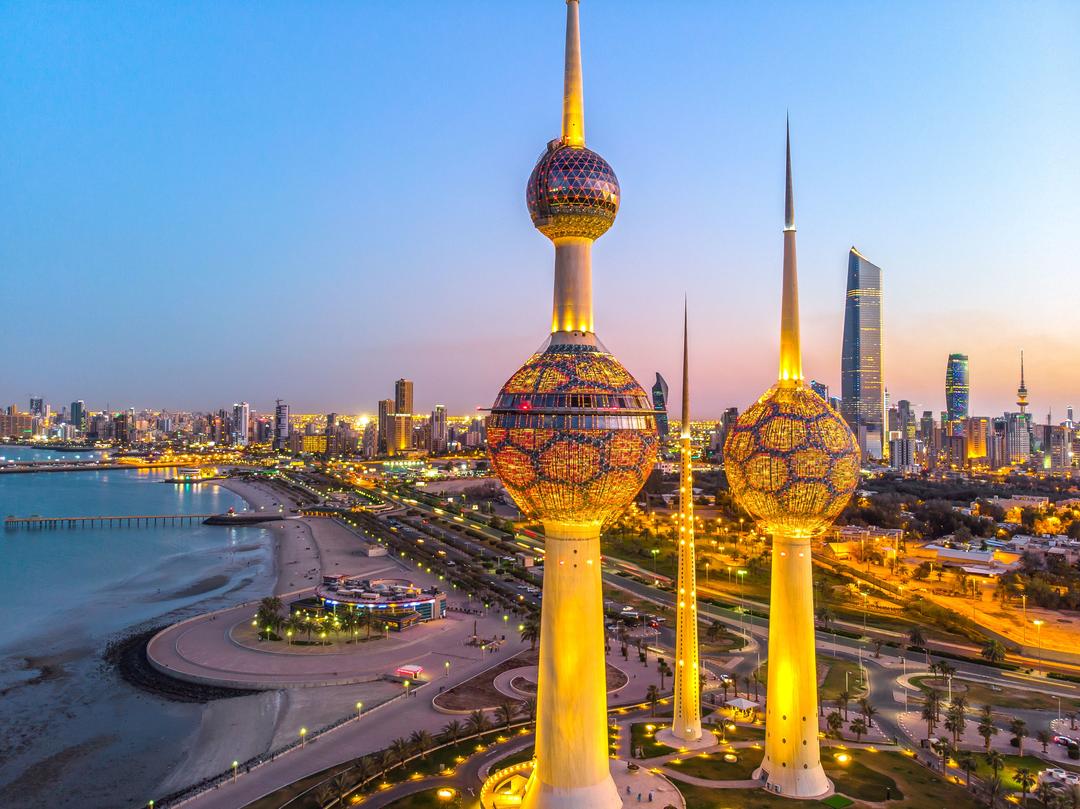Kuwait City, despite the recent end of a strong wave of fog, continues to rank among the top ten cities with air pollution globally, according to the international Air Quality Index (AQI). This ranking, as reported by Al-Rai Daily, is based on standards that differ from those set by the Environment Public Authority and other local bodies.
An official website dedicated to measuring pollution levels in Kuwait’s air has revealed this alarming data. Environmental activist Saad Al-Hayyan sheds light on the factors contributing to the continued air pollution in Kuwait.
One significant factor is the lack of a clear plan and vision to increase vegetation cover, which would help mitigate pollution. Kuwait City, like many other urban areas, suffers from a lack of green spaces that could absorb pollutants and improve air quality. Addressing this issue by implementing a comprehensive plan for urban greening is crucial.
In addition to the lack of vegetation, there is a need for better connectivity and coordination when it comes to examining polluting cars and exhaust systems. The absence of proper regulation and enforcement in this area contributes to the deteriorating air quality in the city. Kuwait must prioritize the inspection and maintenance of vehicles to ensure they meet emission standards.
Another significant contributing factor identified by Al-Hayyan is the non-usage of renewable energy sources. Kuwait’s heavy reliance on non-renewable energy, such as oil and gas, not only raises pollution levels but also exacerbates the existing air quality problems. Shifting towards renewable energy sources, such as solar and wind power, is essential for reducing pollution and improving the overall environmental sustainability of the city.
Furthermore, the issue of waste management plays a role in Kuwait City’s air pollution problem. Waste dumps remaining open and unregulated contribute to the release of harmful gases and pollutants into the air. Implementing proper waste management practices, including recycling and waste-to-energy initiatives, can significantly reduce the pollution caused by improper waste disposal.
Additionally, Kuwait faces the challenge of increasing desertification and sand encroachment. The expanding desert areas and sandstorms worsen the pollution situation in the city. Efforts to combat desertification and protect the natural landscape are crucial for preserving the air quality and overall environmental health of Kuwait City.
It is important to note that Kuwait is bound by international agreements and treaties on carbon emissions. As a responsible global citizen, Kuwait must take necessary steps to address these environmental issues and fulfill its commitments. By implementing effective policies and regulations, Kuwait can work towards reducing air pollution, promoting sustainability, and ensuring a healthier future for its citizens.
In conclusion, Kuwait City’s ongoing battle with air pollution requires a multi-faceted approach. Increasing vegetation cover, improving vehicle emissions standards, transitioning to renewable energy sources, implementing proper waste management practices, and combating desertification are all crucial steps towards improving air quality. It is essential for Kuwait to prioritize environmental preservation and work towards a cleaner, healthier future for its residents.







